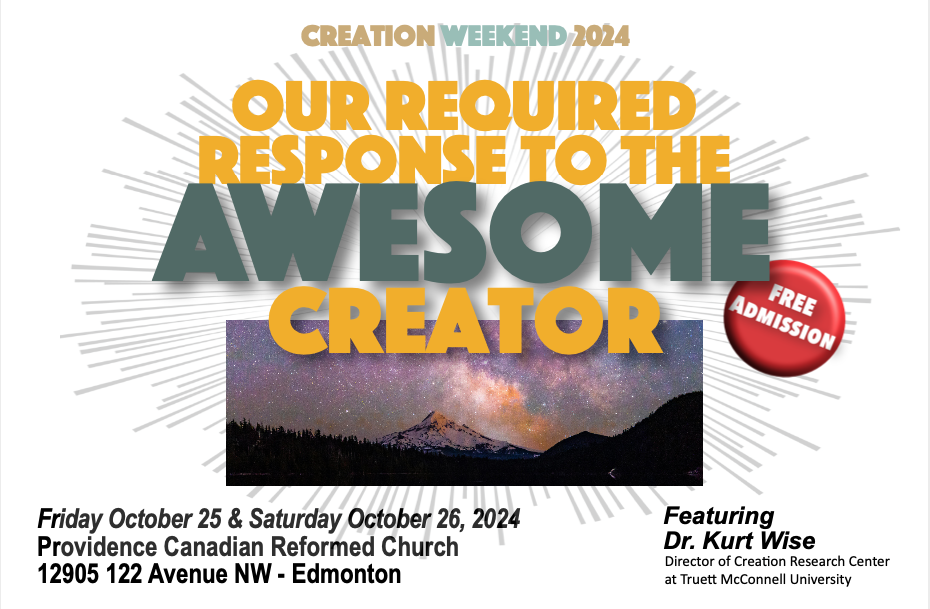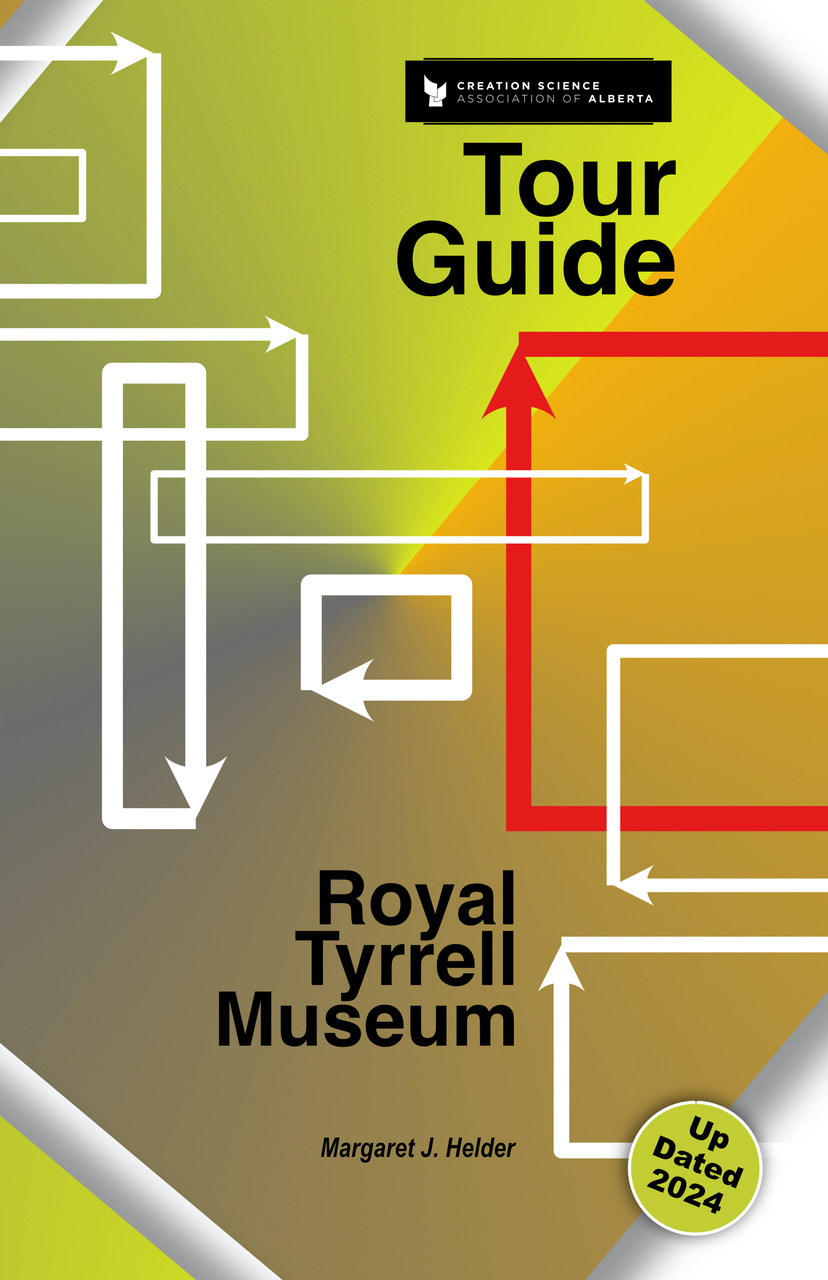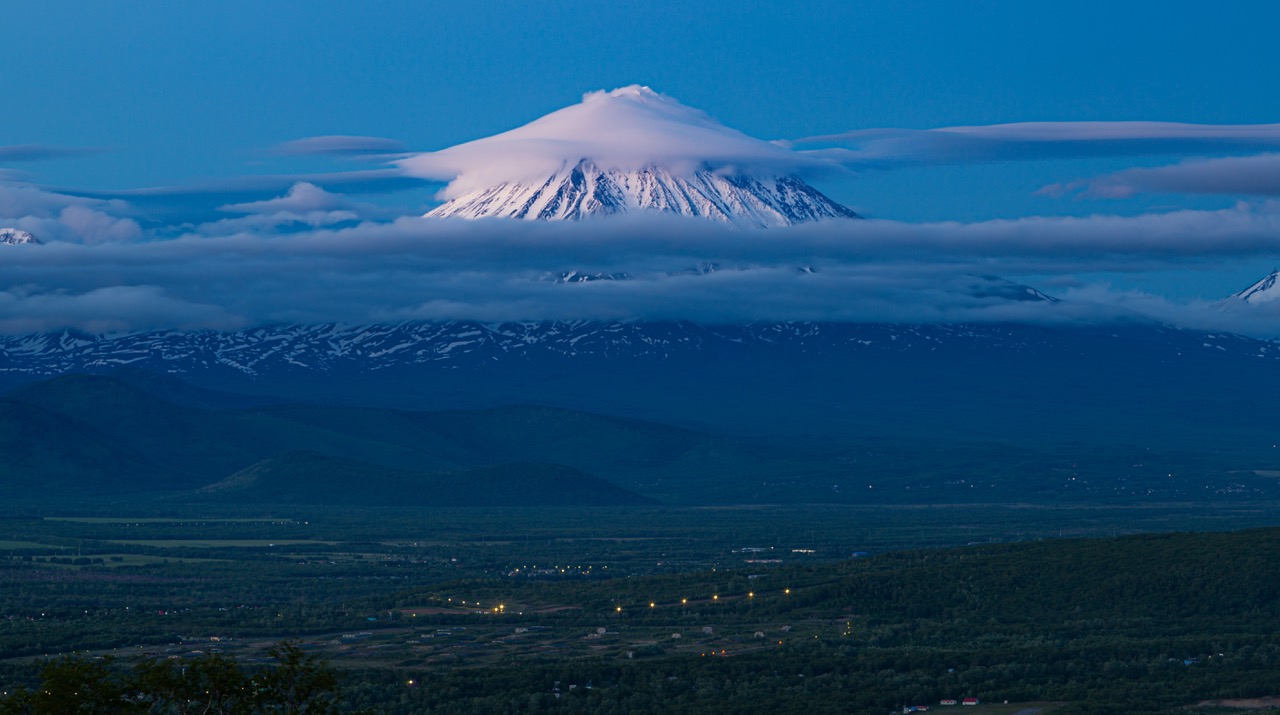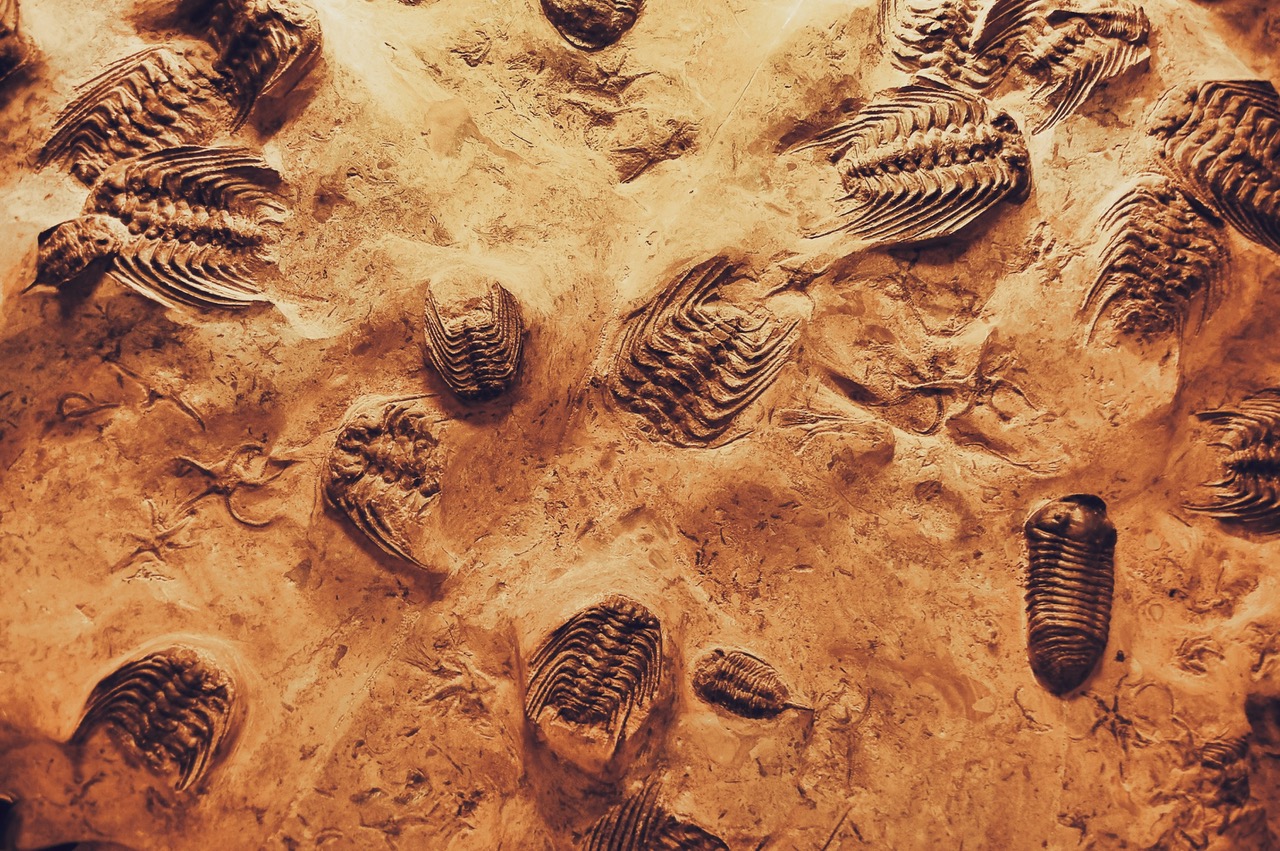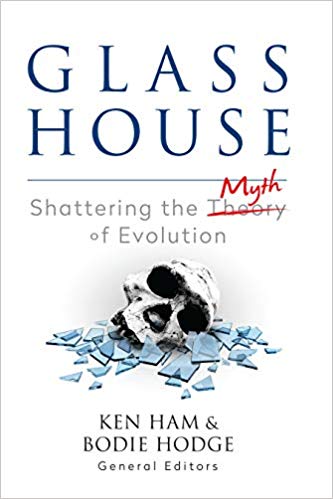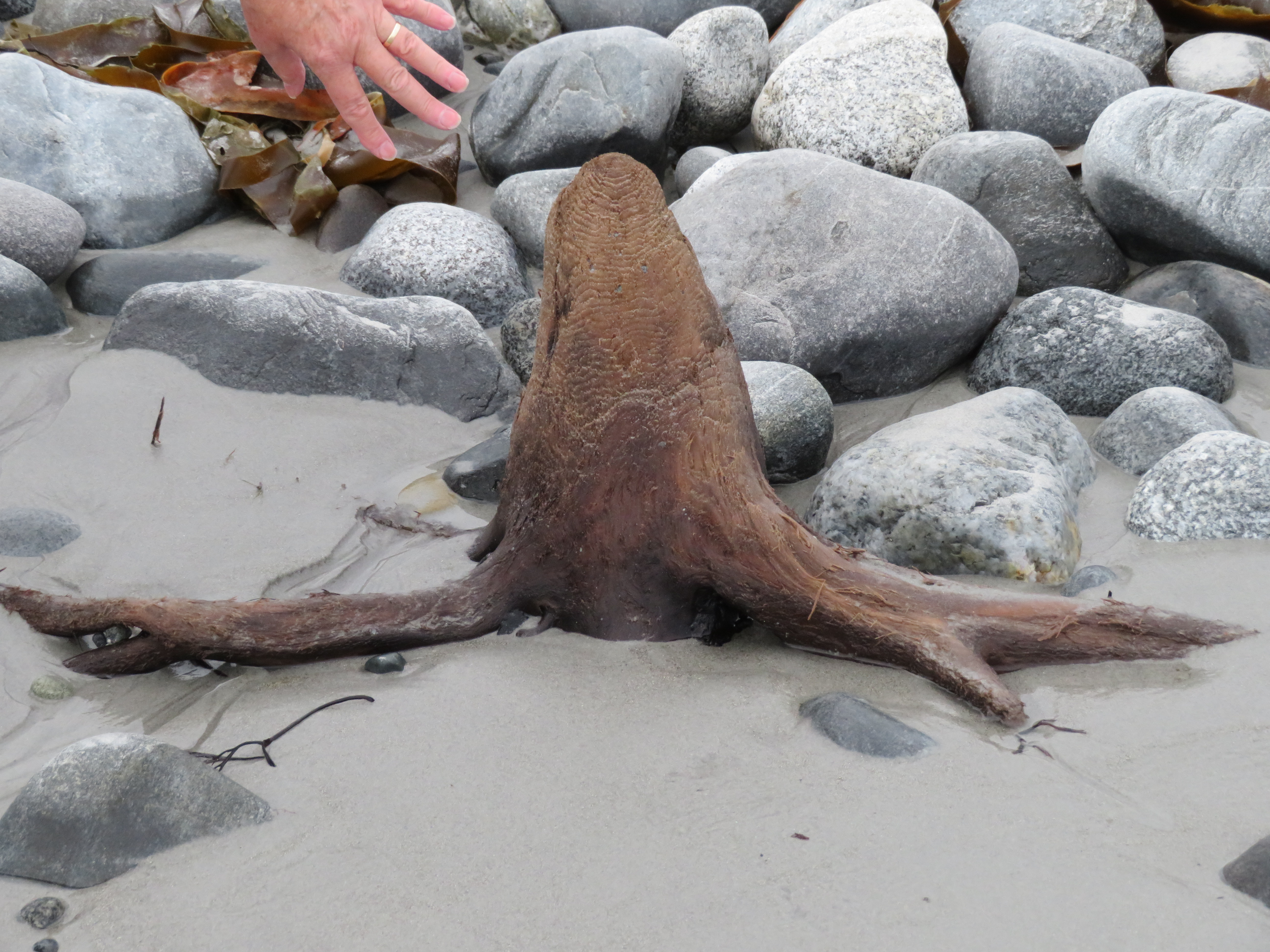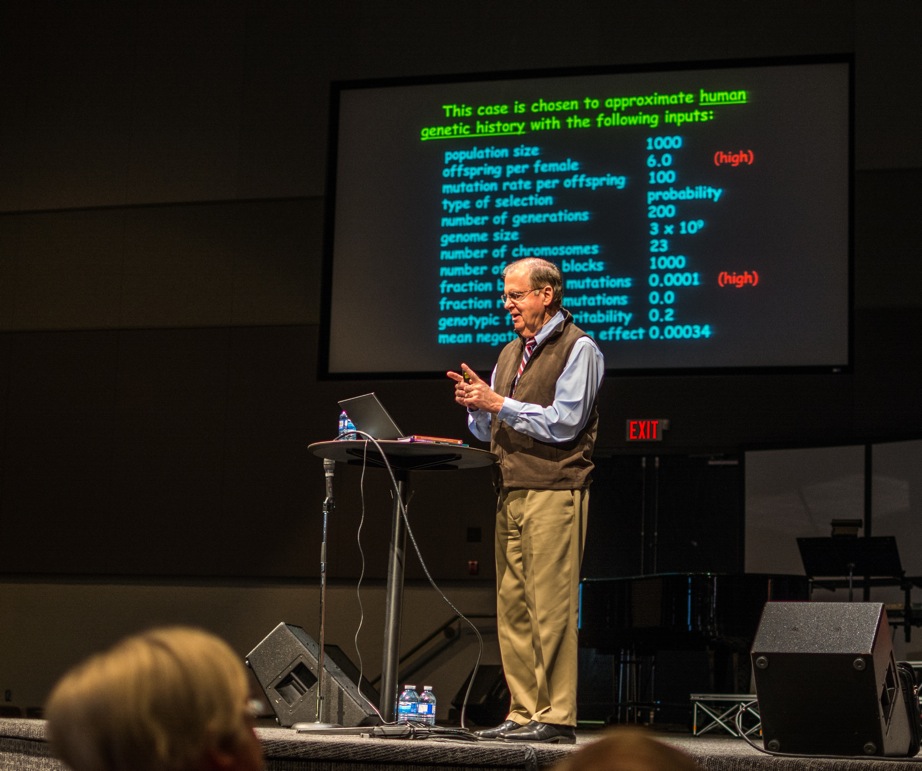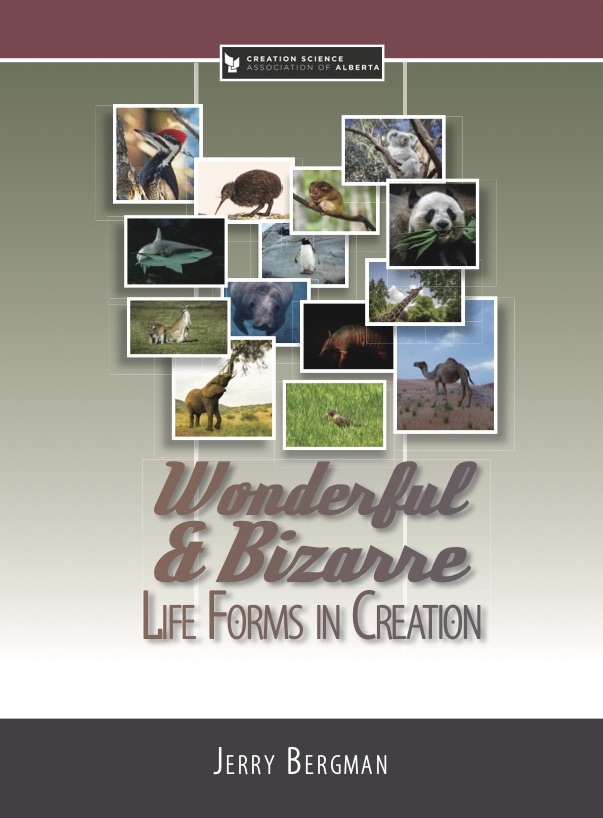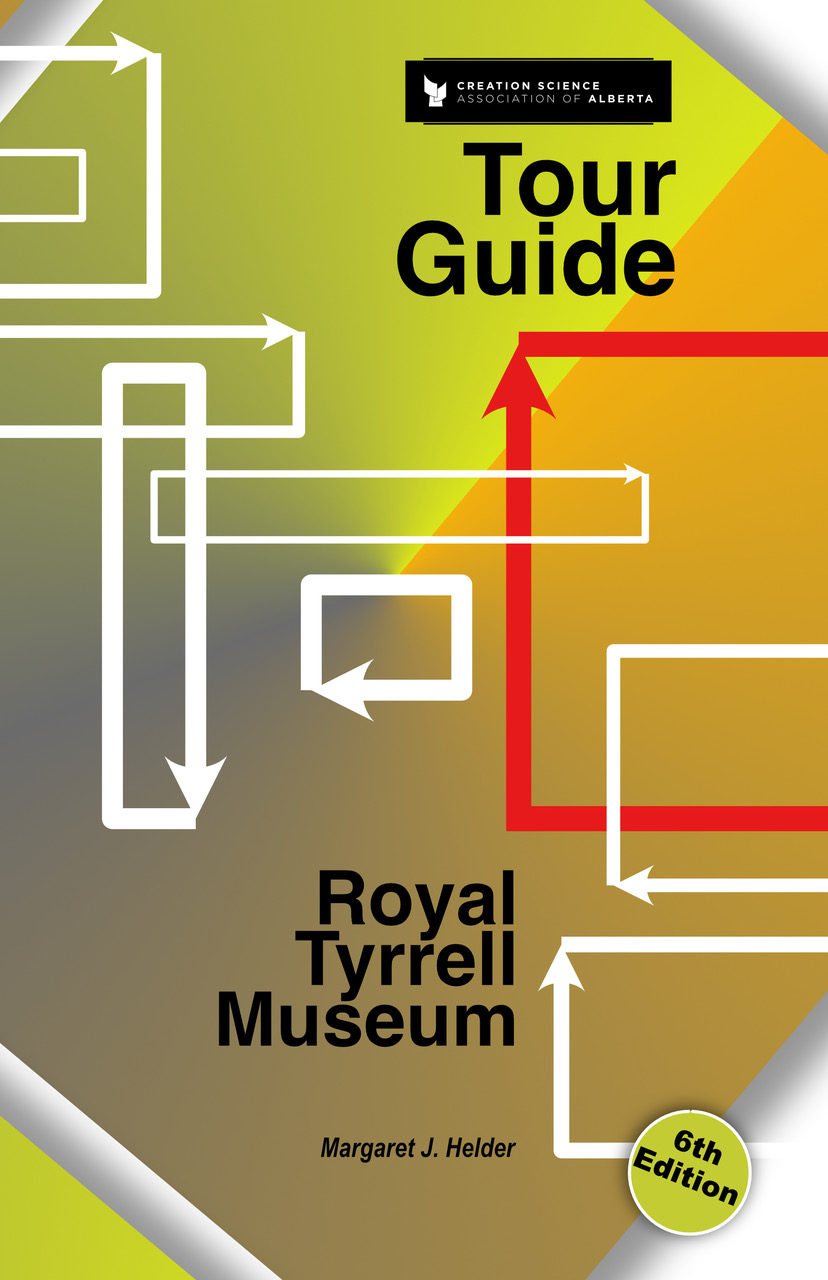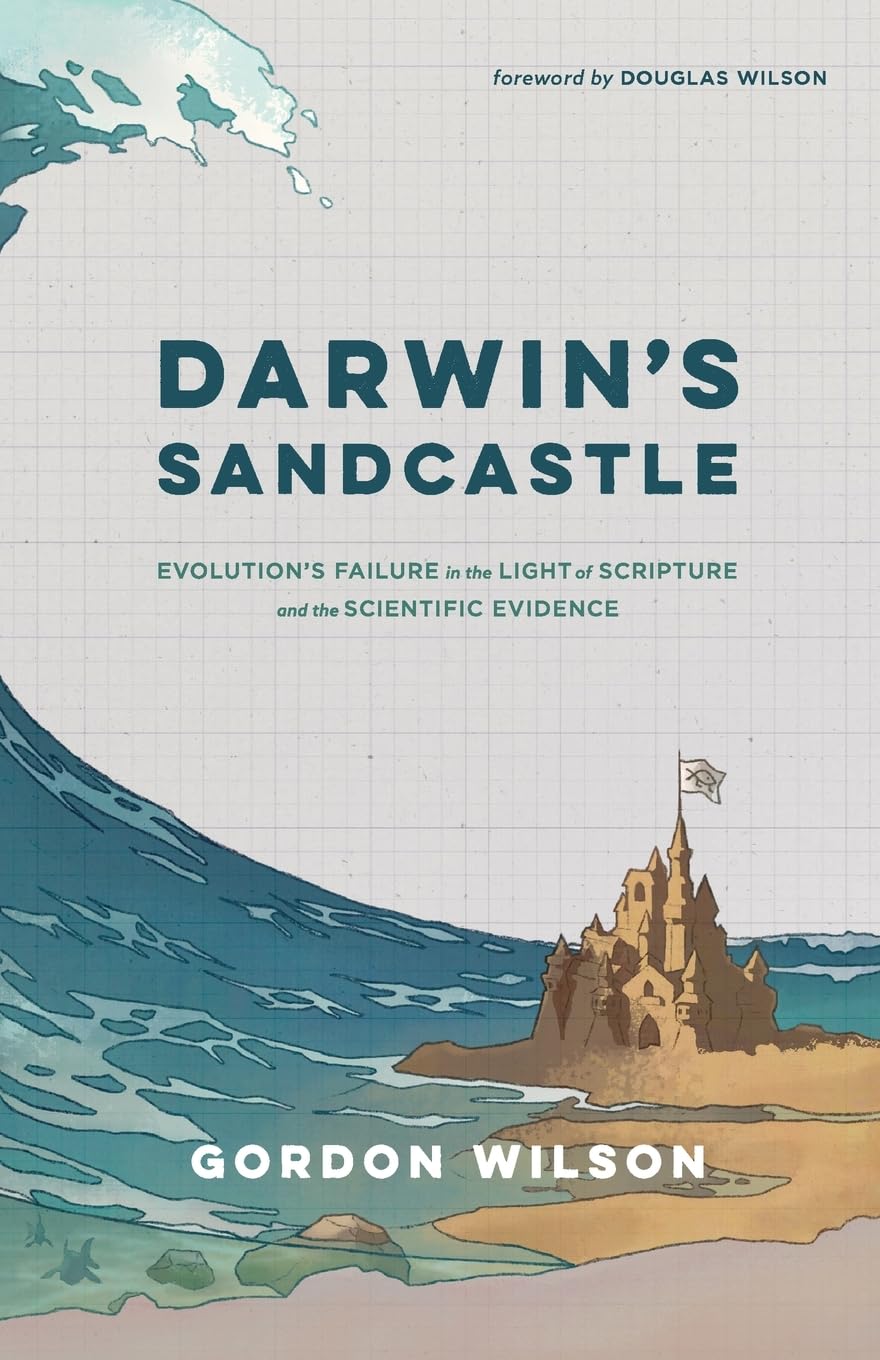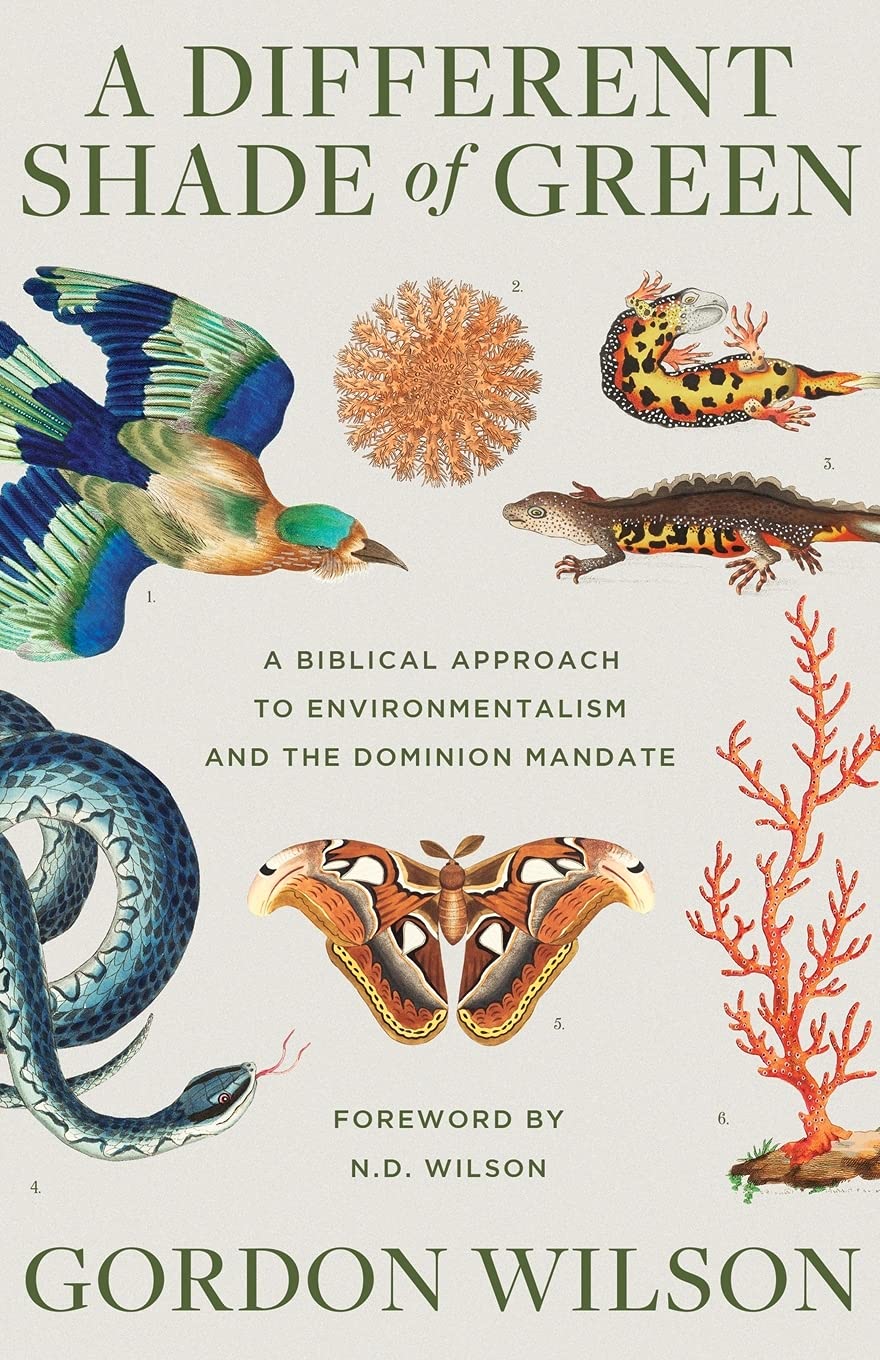Articles » Geology
For many years, in sponsoring Creation Weekend, our local association (CSAA or Creation Science Association of Alberta) has provided inspiration and information to audiences of all ages. The benefit from these weekends is training on how to be informed and enthusiastic, able to enjoy the insights that we hear, and to share those with others.
Read the rest of this entry »There is a reason why people walk down the street with their eyes glued to their cell phones. They want to find out the latest news! It is indeed true that everyone is curious and likes a good story, and especially the ending to a good story. Many stories however actually are never ending. They may start in a very simple fashion, but as time goes on, the details become more and more complicated.
Many stories or interpretations in science, for example, are like this. At first the idea is straightforward, but as more studies are conducted, the story becomes more difficult to follow. Consider, for example, Darwin’s proposals about evolution. He observed that individuals in a population of organisms differed in various small details. He then argued that those individuals which were better endowed, would be the ones to leave more offspring. This was the simple story that Darwin developed to explain evolution. There were many people who did not think that this scenario of changing proportions of traits in the population could explain the appearance of new body plans. The process might explain why there were more big or small individuals (or whatever) in the population, but it could not explain the appearance of new body plans (such as insect or fish) which require a lot of new information compared to that found in other kinds of creature. But no matter, Darwin’s scenario became the basis for evolution theory in the years to come.
Read the rest of this entry »In recent years, people have become really interested in genetics. They ask questions like “Who were my ancestors? What can I learn about my family through our genes? What mix of nationalities do I have?” As the genomes of various species, including humans, have been mapped, scientists have reflected on many issues. One of those issues is molecular clocks.
Read the rest of this entry »New Tour Guide – Available Now!
Since the early 1990s, CSAA has produced five editions of a Tour Guide to the Royal Tyrrell Museum. Unlike other guides to similar facilities, this guide includes discussion of most exhibits as they are encountered on a trip through the premises. The fifth and last edition was issued in 2014. It clearly is time for a new edition as there have been many changes since then.
Our guide typically begins with interpretive themes which apply to many of the exhibits. This feature will not change in the new edition. What has changed, is discussion of the preliminary exhibits which occupy about half the space available in the museum. The changes include displays up to the Burgess Shale on the mezzanine.
Read the rest of this entry » Order OnlineThe recent death of Dr. John Morris of ICR brings to mind the occasion when he collaborated with Rev. Edward Crawford of Edmonton to travel to Mount Ararat.
On a stormy night at the end of February, 1976 Edward Crawford and more than three thousand other Edmontonians crowded into Jubilee Auditorium to hear John Morris, Field Director of the Institute for Creation Research in San Diego. Morris’ update on the status of expeditions to Mount Ararat included a number of slides. Mr. Crawford however saw something that others missed. He saw an inscription on a boulder on Mount Ararat. He recognized some of the characters as ancient proto-Sumerian. What was the story behind these writings? He wondered how messages came to be in such an inhospitable part of the world.
Read the rest of this entry »In high school biology courses, it soon became apparent to Angie that among her fellow Christians, there was a diversity of opinions about origins. So, she consulted the HeadStart program about the impact of world views on the relationship between faith and science. She read information on the gap theory, the day age theory, the framework hypothesis, theistic evolution, neo-Darwinism, methodological naturalism, intelligent design and creation. Now she better appreciates why this whole website is devoted to creation.
Read the rest of this entry »Creation Weekend 2021’s on-line conference with paleontologist Dr. Marcus Ross was so dynamic and interesting that it seemed as if we had heard him in person. I found myself thinking about his return trip to Virginia. But, of course, he never left Virginia. Nevertheless, with the wonders of technology, Dr. Ross was able to present two excellent and very different topics. Since his field of expertise is fossils, his whole first presentation dealt with fossils, specifically some scary marine reptiles called mosasaurs. The second talk dealt with the objectives of creationists in their pursuit of science.
In the Royal Tyrrell Museum’s spooky Bearpaw Sea exhibit, if you look up, you will see the skeletons of massive marine reptiles including mosasaurs. Dr. Ross actually came as a student to study Alberta mosasaurs at the Tyrrell Museum. Read the rest of this entry »
The Bible tells us that Moses was instructed in all the wisdom of the Egyptians. He used this training when he was called upon, later in life, to lead the Children of Israel through the desert and to write an account of their history. Obviously, Moses did not adopt the pagan philosophy in which his training in Egypt was couched. He evaluated what he heard.
In similar fashion, young Christians are encouraged to pursue modern learning, according to the talents with which they have been given. Like Moses too, they are expected to evaluate the modern explanations. In the light of the complexity of many modern disciplines however, it is obvious that students need help. They need trusted advisors to help them sort through the onslaught of information.
To this end, Creation Science Association’s Margaret Helder has developed a novel tool to assist students embarking on new courses in biology. Since much of the material taught in these courses is based on studies conducted since the year 2000, there are many new terms and concepts involved.All of them are defined in terms of evolutionary assumptions. The definitions available, on-line, all come from an evolutionary agenda. But the data themselves actually support creation! Read the rest of this entry »
Did you know that there is a new book in the ICR Science for Kids Series? It is called Earth: Our Created Home. I am 9 years old and I have read this book. I will tell you who will enjoy this book, why people will enjoy what it teaches about God, and how interesting this book is to read. Read the rest of this entry »
Order OnlineFor almost everyone, the year 2020 has certainly presented obstacles to our normal tasks and social gatherings. So it was that CSAA, like many Christian organizations, found that an on-line fall program offered the best hope of sharing our message. Blessed with someone on our team with expert computer skills, the appropriate programs were selected to make the event possible and professional. When David Coppedge of southern California agreed to be our speaker, we were so pleased! All the pieces of the organizational puzzle had fallen into place. One benefit of an on-line event, we discovered, was that people from as far away as Ontario and B.C., were able to enjoy the program. Read the rest of this entry »
One of the pleasures of staffing a book table are the conversations that happen with people looking at the resources. On many occasions, individuals have requested an introduction to creation. Before responding, I have often inquired what the person’s interests are. If the person is interested in physics and mathematics, or in apologetics, there might be little point in showing them a work on fossils, for example. In the 1970s and 1980s, there were general introductory books like Scientific Creationism and What is Creation Science? But that was then, and this is now. There are many areas of science that were not even contemplated then, but which we have to deal with today. The good news now is that some general introductory works have appeared which can be very helpful to many people seeking insights into the issues. Read the rest of this entry »
One of the most delightful aspects of travel is the prospect of new adventures. And so it was, on a blustery and chilly day in late September, that we found ourselves driving along the southeast coast of Nova Scotia. We were heading to Hawk Beach on Cape Sable Island, the most southerly tip of Nova Scotia. Such beaches are never easy to find, and we had to ask twice before we found it. After driving down very obscure roads, we found the beach after we had scrambled up quite a high embankment. Read the rest of this entry »
A place where families can play and learn!
This summer during our annual family camping trip on a gloomy definitely-not-beach-weather kind of day, we discovered the DINOS (Discovery Institute of Nature, Origins and Science) Centre. When someone suggested going to a new facility with a unique combination of indoor mini-golf, laser tag, and a café, as well as a Bible History Museum and an outdoor driving range, everybody agreed! Read the rest of this entry »
Dr. John Baumgardner addressed large appreciative crowds at CSAA’s Creation Weekend in October 2016. Following his introductory lecture on Friday evening (“How language powerfully affirms God’s reality”) [described in the previous issue of Dialogue], he continued the next morning with “Mendel’s Accountant: Why Darwinism Fails”. This work resulted from a collaboration with geneticist Dr. John Sandford of Cornell University. Many people in modern society find Darwin’s conclusions extremely appealing: the idea that competition in nature ought to lead to organisms better suited to the environment. While this is reasonable, there are limits to how far this idea can take us. Read the rest of this entry »
Features World Class Scientist Dr. John Baumgardner
October 28 & 29, 2016
Dr. John Baumgardner is one of the world’s leaders in terms of significant contributions to science. He has used his expertise to develop computer models to study many aspects of our world. For example he developed a model to study how Earth’s rock systems work and have worked in the past (as for example during the Flood), weather and climate systems and how popular scientific ideas about mutation and natural selection (Darwinism) simply cannot work to produce evolution. Read the rest of this entry »


